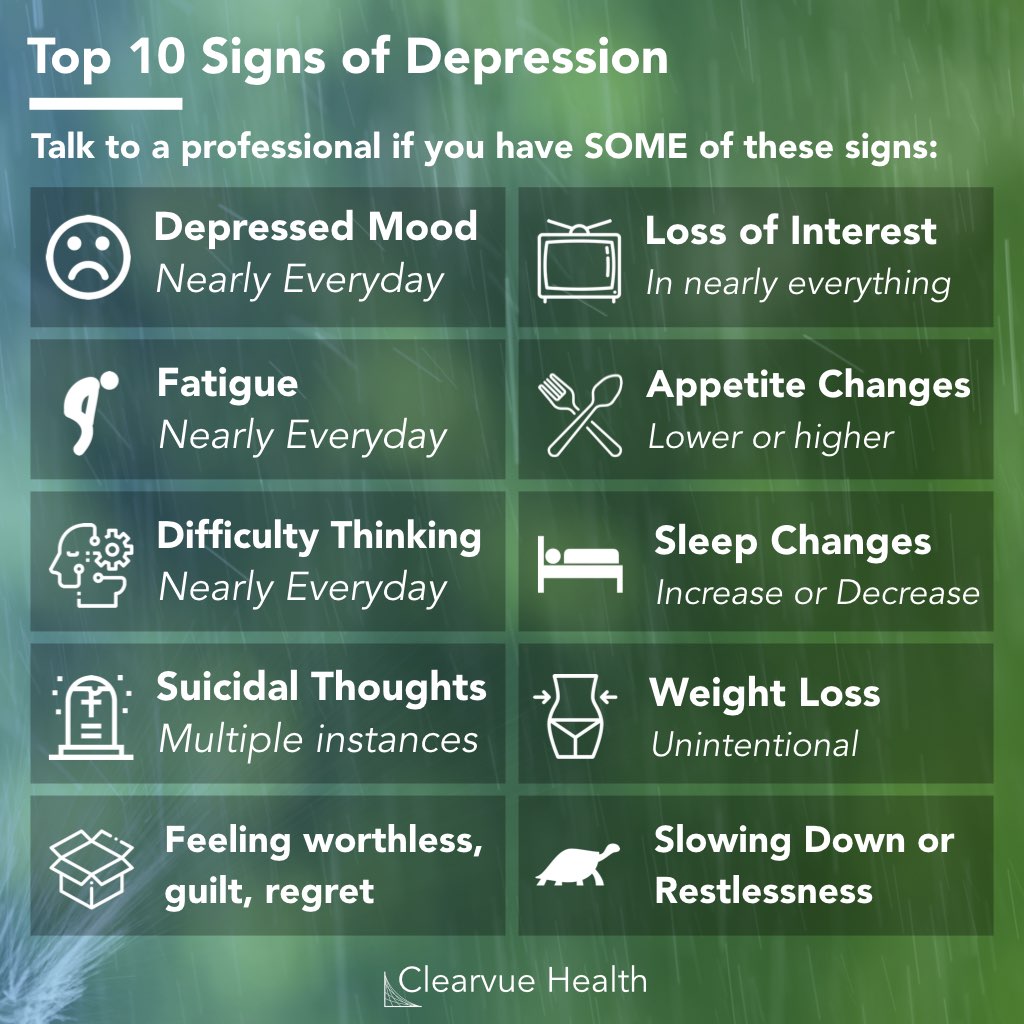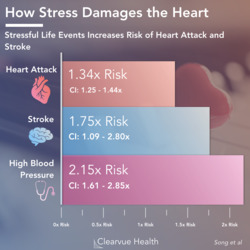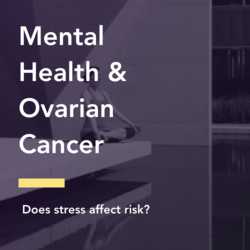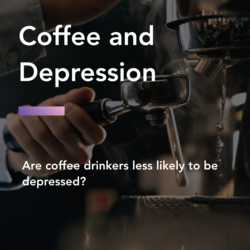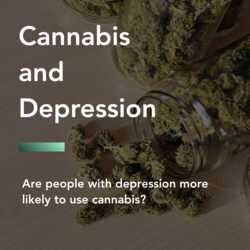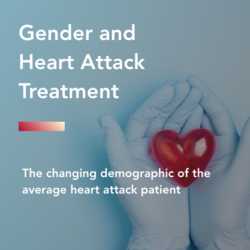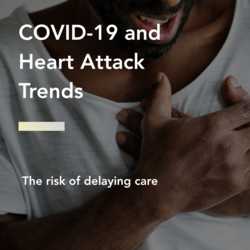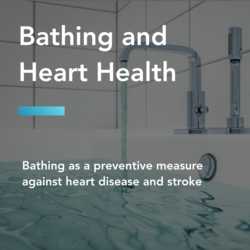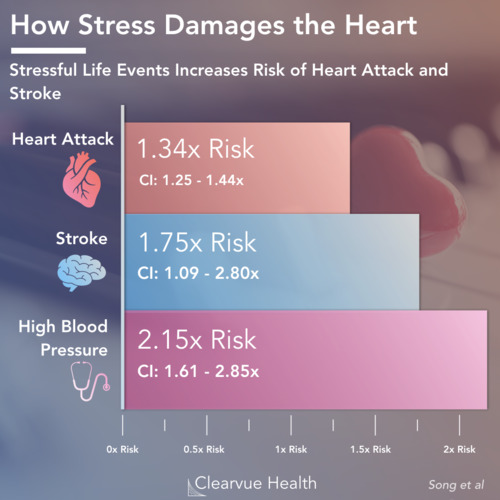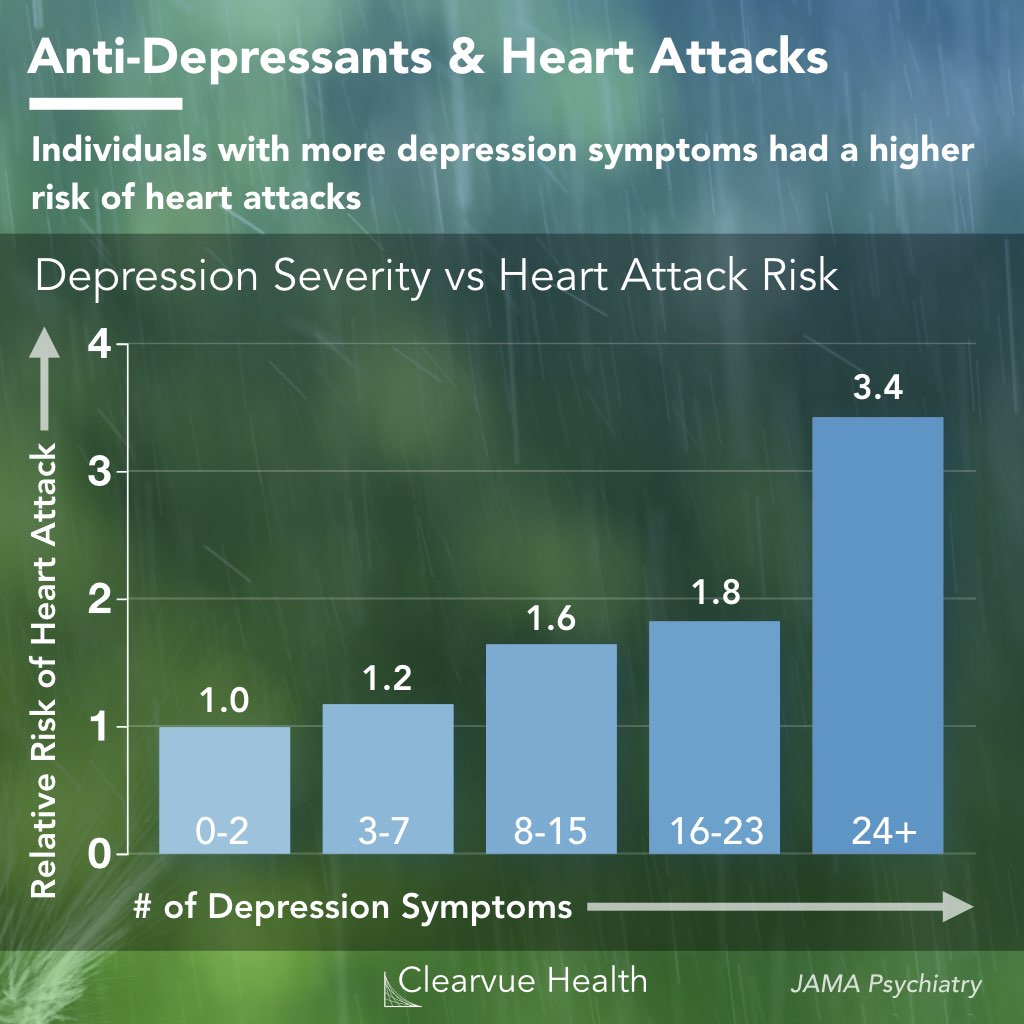
Researchers find more evidence every year supporting the importancs of mental wellness in our physical wellness. Our soundness of mind and our general health are inextricably linked.
In 2001, doctors found that depression had a significant correlation with heart attacks. Patients with minor depression had a 60% higher risk of a heart attack, while patients with major depression had nearly 3x the risk of a heart attack compared to non-depressed patients.
Interestingly, they also found that your odds of getting a heart attack increased with the number of depression symptoms you had (Based on your Center for Epidemiologic Studies Depression Scale Score). As see in the image, this trend appeared to also apply to patients who did not reach the threshold of clinical depression, but had some depression symptoms.
The data in the above chart was based on patients who did not have a history of heart disease, indicating that most middle aged and elderly patient with depression could be at an elevated risk.
Patients who had a history of heart attack also showed a similar pattern of increased risk.
Anti-depressants and Heart Attack Risk
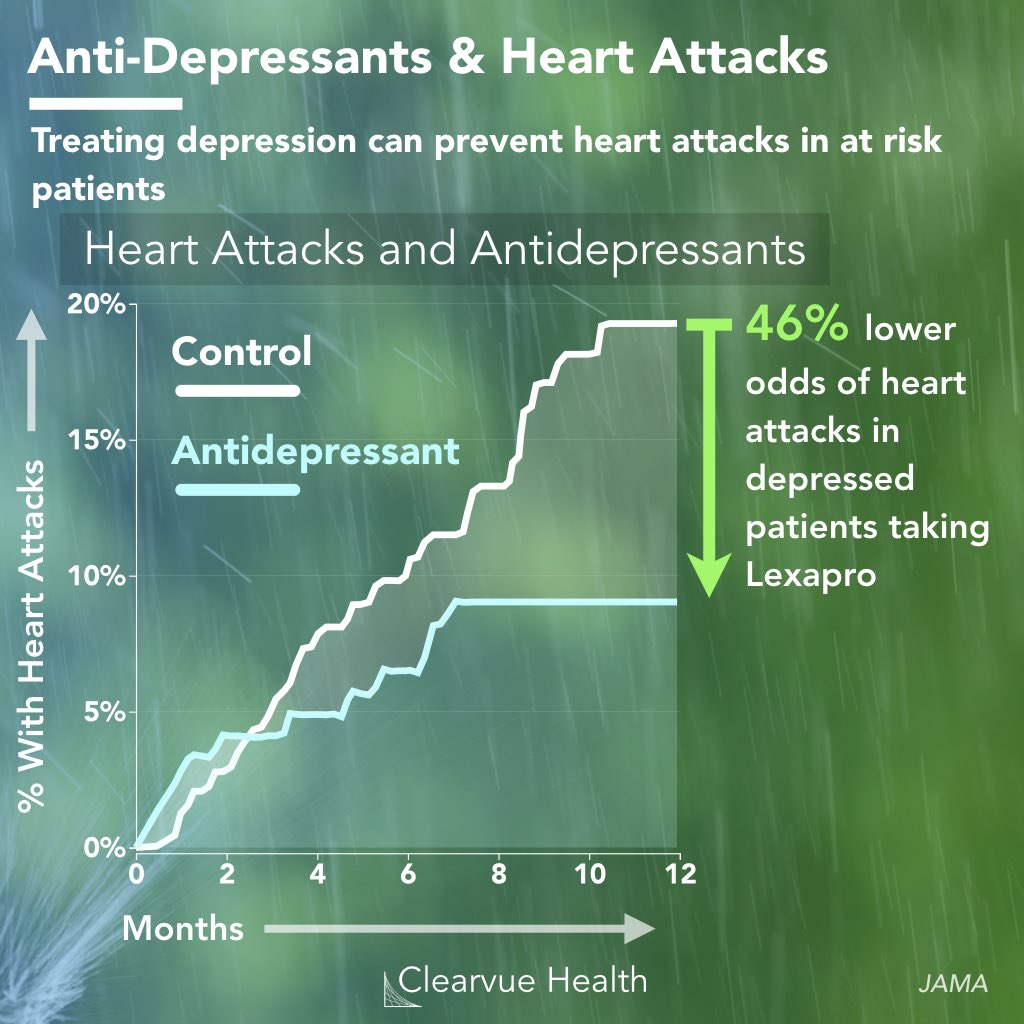
Recently, in 2018, researchers ran a clinical trial investigating whether we could reverse this trend and reduce heart attacks by treating a patient’s depression.
300 patients were randomly assigned to take either escitalopram, commonly known as Lexapro, or a control (placebo) for 24 weeks to see whether the depression treatment would lead to fewer heart attacks.
After an average of 8 years of followup, the researchers found that the risk of heart attack in the group that took the antidepressant was around 46% lower, suggesting that treating depression could lead to significant improvements in heart health.
(Of note, the number of deaths were lower, but it was not statistically significant in this trial.)
Symptoms of Depression
Depression can be a challenging disease to understand, identify, and treat. Below are 10 symptoms that are often associated with depression in depression screenings and diagnostic tests. Even if you just have a few of them, we encourage you to to talk to your doctor.
There are some very effective treatments for depression including both medications and therapy. These therapies saves lives.
